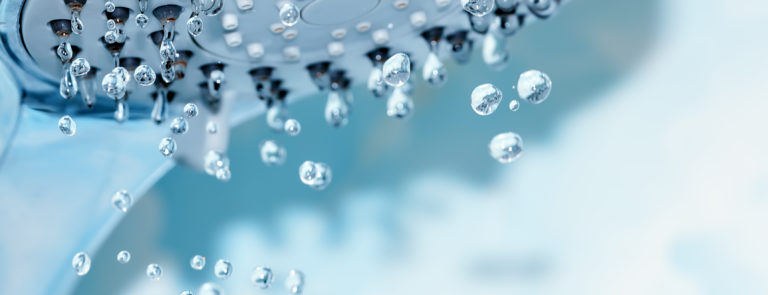20% off £30
Code:EASTER
Need help with your tongue blisters?

Here are some remedies that can help get rid of tongue blisters or at least soothe them as they heal. Find out more about what causes them and how to avoid them.
Blisters or soreness of the tongue can be quite debilitating. It can be uncomfortable, even painful, to speak and eat, making them very hard to ignore to get on with your daily life. Most causes of tongue blisters are not a reason for concern1. Many will heal within a few days, but some can take several weeks.2
Common causes of blisters on the tongue
Mouth ulcers
A common cause of tongue blisters is mouth ulcers, also known as canker sores. These can appear on the inside of the mouth, lips or cheeks, or on the tongue. Often lasting only a week or two, they are generally harmless. Triggers can include mouth irritation, stress, hormonal changes, or reactions to certain foods or toothpastes containing sodium lauryl sulphate. Underlying medical conditions, such as those that affect the immune system, can also cause these uncomfortable sores.3Injuries or trauma
Blisters can also be caused by injuries to the tongue or inside of the mouth. An accidental bite of the tongue, grinding your teeth, crunching on hard food or consuming excessively hot food or beverages can blister, cut or burn the mouth. However, as long as there is no infection, these blisters will heal in time and are no cause for concern.4Other medical causes
Other health conditions can lead to tongue soreness or blisters, for example, Candida mouth, also known as oral thrush5, vitamin deficiency or anaemia6, or, in rare cases, oral cancer7. Conditions, such as these, require medical treatment. If your symptoms do not ease within 2-3 weeks or are reoccurring, it is recommended that you see your doctor for further advice.How you can avoid tongue blisters
There are preventative measures you can take to help avoid tongue blisters caused by mouth ulcers or injuries:8Dental hygiene
Practice good dental hygiene by brushing and flossing your teeth twice daily, and visit your dentist regularly for a check-up. Using a soft-bristled toothbrush will help to reduce irritation. Recent reports have also found that toothpaste containing sodium lauryl sulphate can cause painful mouth ulcers and, if you are prone to tongue soreness, should be avoided.9Avoiding mouth irritation
Poorly fitting dentures or braces can damage the inside of the mouth, leading to blisters or ulcers. Speak to your dentist about how to fix this issue. Take care when consuming food or drink that is overly hot, sharp or hard, which could damage the inside of the mouth and be aware when talking and eating, so as not to bite the inside of your cheek or tongue.Rest and relaxation
Find ways to relax to avoid stress and anxiety and put strategies in place to ensure a good night’s sleep to allow your body to rest and repair.Nutrition
Check to see if you have a food allergy or intolerance, and keep a food diary to track for any foods that may be leading to the development of an ulcer. Common types of food that can cause ulcers are acidic or spicy dishes and anything crunchy, such as nuts and crisps.10 Support your immune system with a nutritionally dense diet, backed up with immunity supplements.What may help manage my tongue blisters
There are ways that may help manage your tongue blisters, including things you can try at home and over the counter remedies.11Home remedies
- Use a rinse of saltwater and baking soda or cover the mouth ulcer with a baking soda paste
- Sooth your blisters by applying ice or damp tea bags
- Drink cold drinks through a straw
- Eat softer food and avoid anything hot or spicy




.png)










